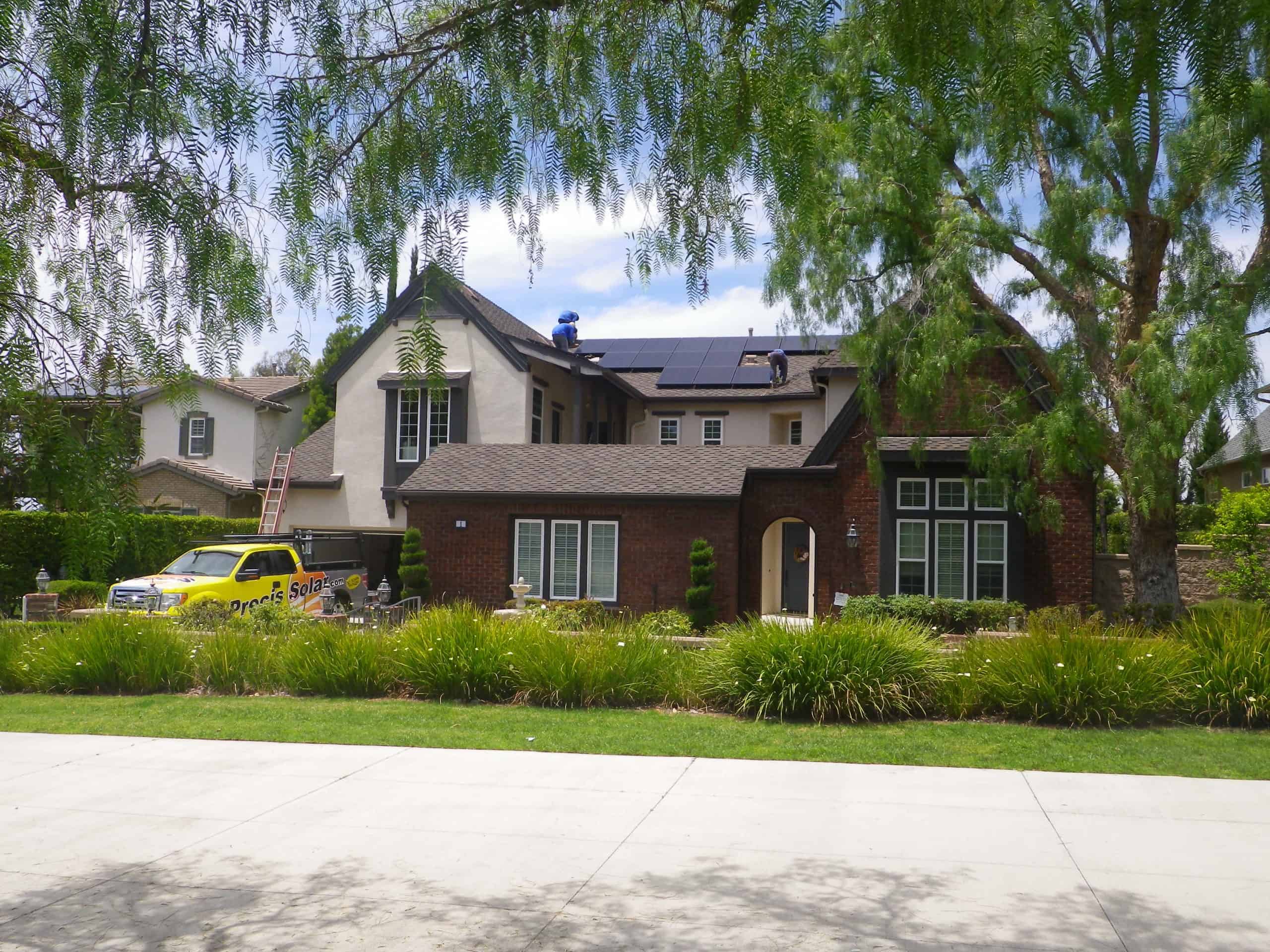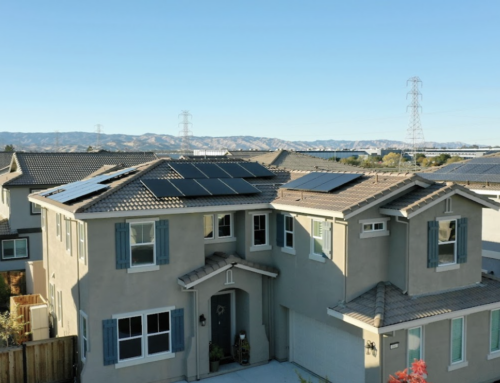When clouds shroud the sky, solar homeowners often wonder about their system’s energy production. Contrary to popular belief, solar panels continue to work on cloudy days, albeit with reduced efficiency. Understanding how cloudy conditions affect solar energy generation is essential for making the most of your solar investment.
1. Solar Panels and Cloudy Days: The Efficiency Factor
Cloud cover reduces sunlight reaching solar panels, impacting efficiency. While panels may generate anywhere from 10 to 25 percent of their sunny day output, the efficiency largely depends on the quality of the panels. SunPower® solar panels, boasting a record-breaking efficiency of over 22%, outshine conventional panels, capturing a broader spectrum of light. Their innovative design, including a unique “backside mirror,” maximizes energy output even on cloudy days, making them ideal for regions prone to partial shading or cloudy climates.
2. Solar Panels and Temperature: The Cold Advantage
Interestingly, solar panels work best in cold, sunny weather. Excessive heat above 77 degrees Fahrenheit reduces their efficiency. Solar power systems don’t rely on hot weather; instead, their performance is optimized in cold, sunny conditions. Hence, electricity costs, not weather, are pivotal in determining the benefits of solar installations.
3. Addressing Partial Shading: System Engineering Matters
Partial shading, whether from natural or artificial sources, diminishes solar energy output. However, advanced solar systems are engineered to prevent shading effects from halting energy production completely. Skilled installers design systems to mitigate shading issues, ensuring uninterrupted energy flow. Collaborating with qualified solar panel installers, like SunPower® authorized dealers, guarantees optimal system design tailored to local weather conditions and regulations.
A Bright Outlook for Solar Energy
Notably, countries like Germany, with limited sunlight, lead global solar power output. This underscores that solar adoption is driven by energy cost savings and environmental consciousness, not weather conditions.
In conclusion, while cloudy days affect solar efficiency, they shouldn’t deter anyone from embracing solar power. With advanced technology and expert installation, solar energy remains a reliable, eco-friendly solution, even under cloudy skies.
[Note: Include a specific call-to-action or link for readers to explore SunPower® solar solutions if applicable.]










